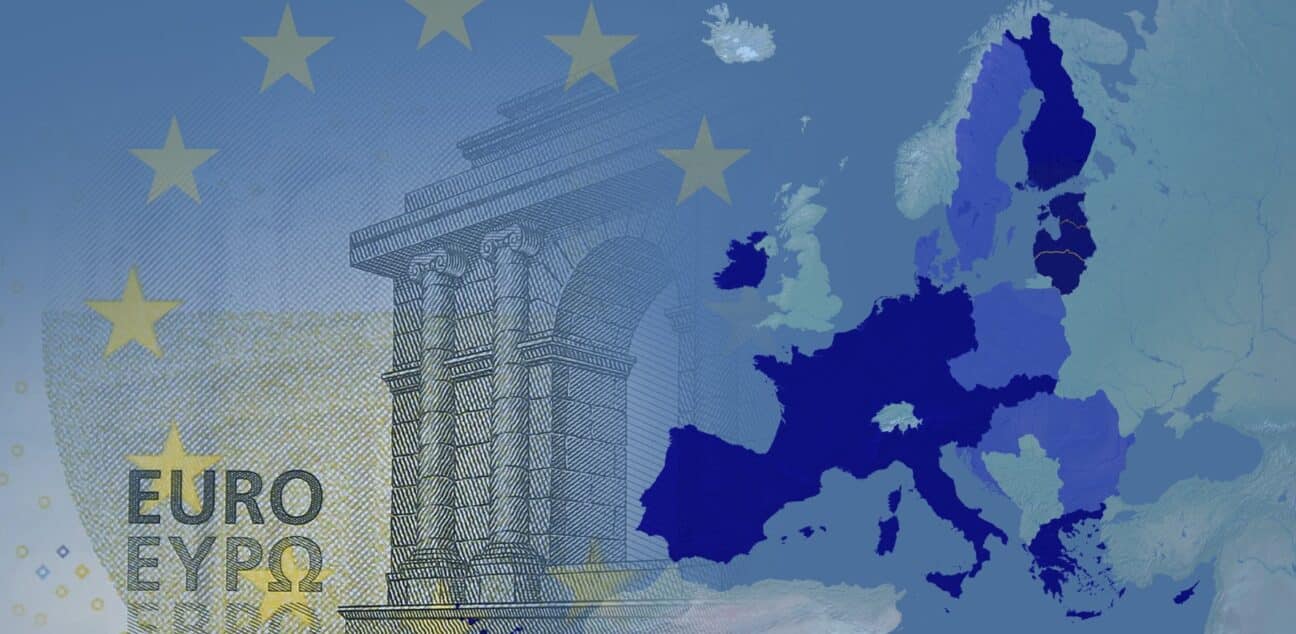How UK NGOs can access EU funding post-Brexit
FAQs on EU funding for UK NGOs
13 January 2021
Although the UK has officially left the European Union, UK-based international NGOs are still able to access some EU funding streams as a “third country”.
However, there have been some changes to funding eligibility and processes.
The Bond EU Funding and Policy Group prepared this guidance in response to the frequently asked questions and queries raised by UK NGOs on their eligibility for EU funding from 2021 onwards. Given the UK’s developing situation in relation to EU policies, the details in this briefing are subject to change.
The briefing answers the following questions:
- Can UK organisations still be the lead applicant for EU development funding from 1 January 2021?
- Can UK organisations be co-applicants for EU development funding from 1 January 2021?
- Can UK organisations still apply for an ECHO Framework Partnership Agreement (FPA) 2021-2027?
- Can a UK organisation be a partner in ECHO programmes?
- If a UK-based organisation opens an office in an EU member state (e.g. Belgium, Netherlands, etc.), will it be able to apply for EU development funding?
- What are the practical implications of applying for EU funding via a newly established European sister entity?
- What impact does this have at country or regional programme level?
- Will an office in an EU member state help access ECHO funding?
- Will the Foreign, Commonwealth and Development Office (FCDO) contribute to ECHO programming?
- Will FCDO make up the shortfall of humanitarian funding as a result of the reduced access to ECHO programmes by UK NGOs?
- What about the lists of least developed countries (LDCs) and heavily indebted poor countries (HIPCs)? Will these change?
- Are we certain there are no nationality restrictions for EIDHR and IcSP?
Join the Bond EU funding and policy group for the latest funding insights and to connect with other funding professionals.

